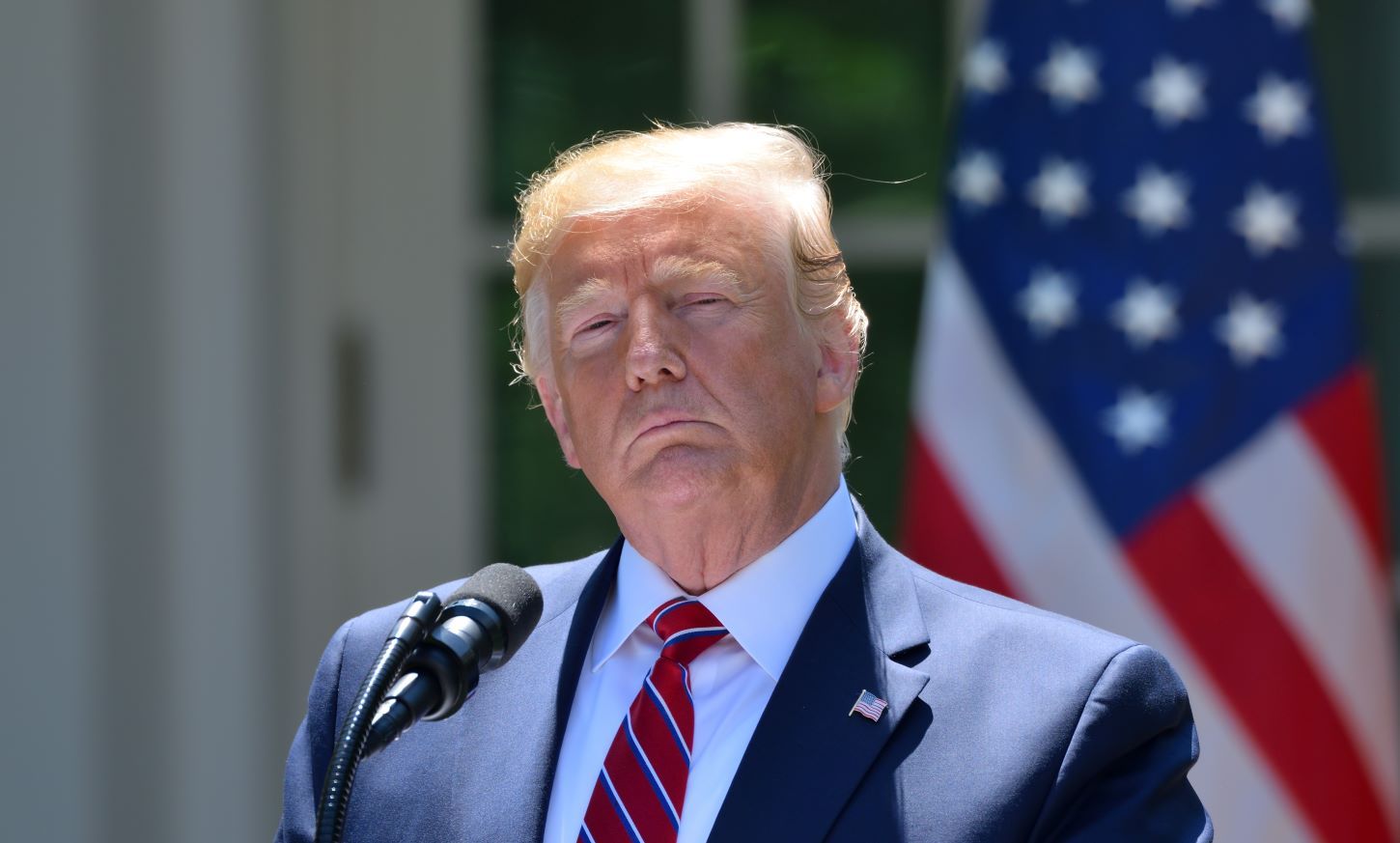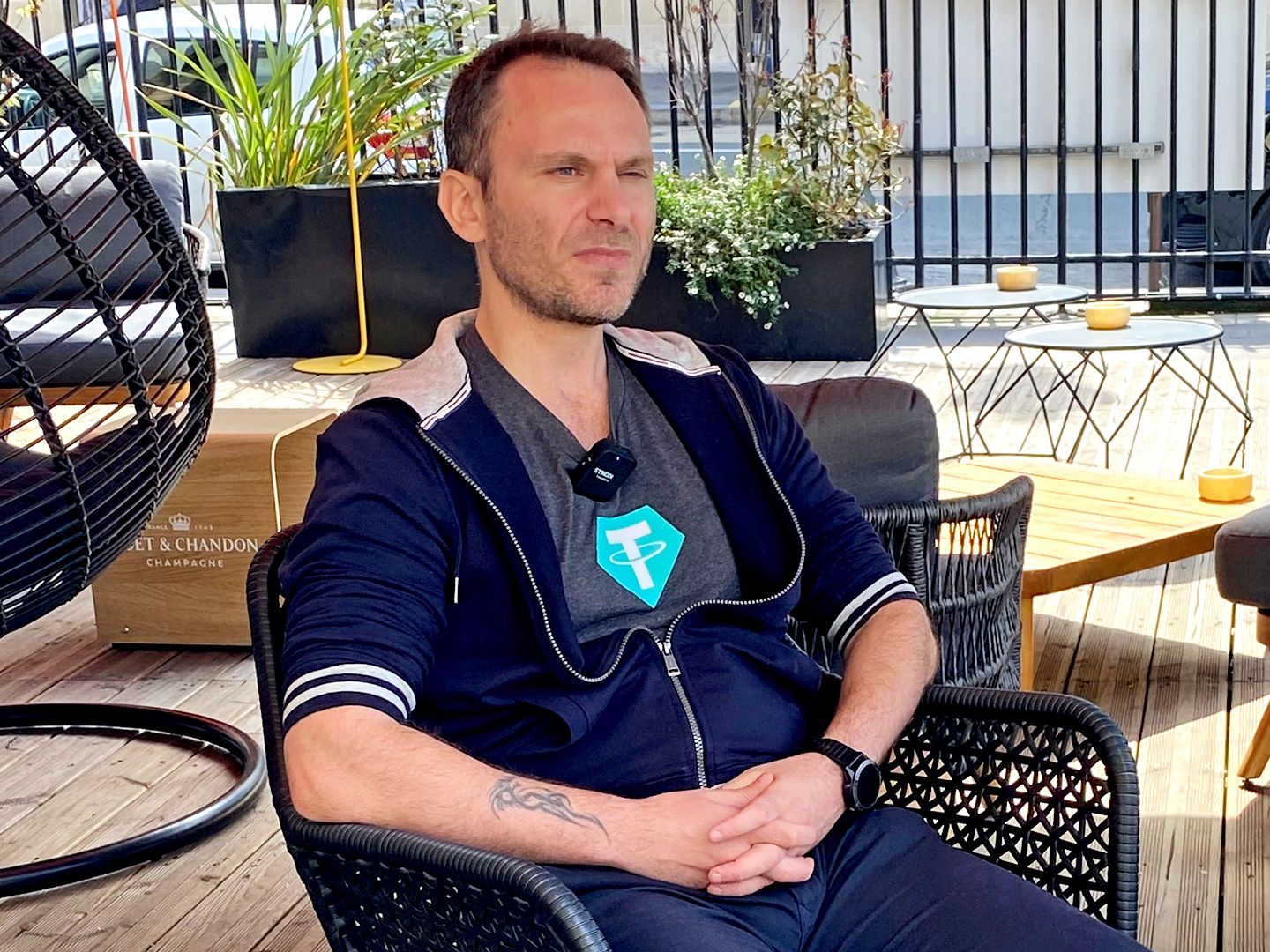Bitcoin Mining: A Quiet Revolution in the Himalayas
Mindfulness City: A Blueprint for the Future
Bhutan, a country nestled in the Himalayas between China and India, has long defied conventional economic models. Instead of prioritizing Gross Domestic Product (GDP), it measures success using Gross National Happiness (GNH), focusing on the well-being of its citizens. Under the leadership of King Jigme Khesar Namgyel Wangchuck, Bhutan is now integrating blockchain and Bitcoin into its vision for sustainable development.
A Quiet Revolution
Bhutan has been quietly working on its Bitcoin mining operations, with Druk Holding and Investments (DHI) and Green Digital Limited (GDL) commencing mining when prices were around $5,000. Today, Bhutan’s Bitcoin reserves exceed $1 billion, making it one of the largest sovereign holders of digital assets, according to Bitwise Europe. These holdings represent approximately 34.48% of the country’s $2.9 billion GDP, according to World Bank data.
Mining Infrastructure
Bhutan is expanding its mining infrastructure through a phased development pipeline with Bitdeer Technologies Group. The first phase, with a capacity of 100 megawatts, is already operational. A second phase aims to add 500 megawatts by mid-2025. The project is powered by Bhutan’s abundant hydropower resources, ensuring mining is both sustainable and efficient.
A Sustainable Approach
Bhutan’s approach to mining is distinct. The country’s focus on environmental responsibility is evident in its use of hydropower to fuel its mining operations. This not only reduces the carbon footprint of mining but also provides a stable source of energy. The country’s commitment to sustainability is reflected in its goal to create a "Mindfulness City" in Gelephu, which will integrate sustainable development with modern technologies, including blockchain and artificial intelligence.
Mindfulness City
The "Mindfulness City" in Gelephu is a transformative development project aimed at fulfilling Bhutan’s long-term vision. In his National Day speech on December 17, King Jigme Khesar Namgyel Wangchuck highlighted the project’s goal to create opportunities for Bhutanese youth, encouraging them to remain in the country rather than seeking opportunities abroad. "Balancing economic growth with the preservation of Bhutan’s natural beauty, culture, and values is crucial," the King stated.
A New Economic Paradigm
Bhutan’s focus on happiness challenges traditional economic models. The GNH framework, introduced in the 1970s, measures national success through health, education, community vitality, and environmental stewardship. This holistic approach complements blockchain’s potential to create fairer, more transparent systems.
Conclusion
Bhutan’s experience demonstrates how small nations can leverage their strengths to lead in emerging technologies. With a population of just 700,000, Bhutan can quickly implement policies and adapt to changes. The country’s use of hydropower for Bitcoin mining sets a global example of environmentally responsible practices in the cryptocurrency industry.
FAQs
Q: What is Bhutan’s approach to economic development?
A: Bhutan measures success using Gross National Happiness (GNH), focusing on the well-being of its citizens.
Q: What is the "Mindfulness City" project?
A: The "Mindfulness City" is a transformative development project aimed at fulfilling Bhutan’s long-term vision, integrating sustainable development with modern technologies, including blockchain and artificial intelligence.
Q: How does Bhutan power its Bitcoin mining operations?
A: Bhutan’s Bitcoin mining operations are powered by its abundant hydropower resources, ensuring mining is both sustainable and efficient.
Q: What is the goal of the "Mindfulness City" project?
A: The goal of the "Mindfulness City" project is to create opportunities for Bhutanese youth, encouraging them to remain in the country rather than seeking opportunities abroad, while balancing economic growth with the preservation of Bhutan’s natural beauty, culture, and values.










